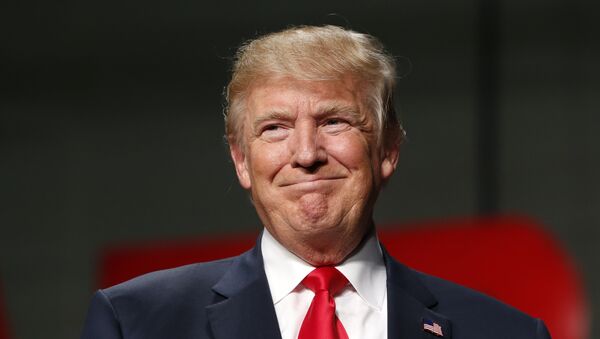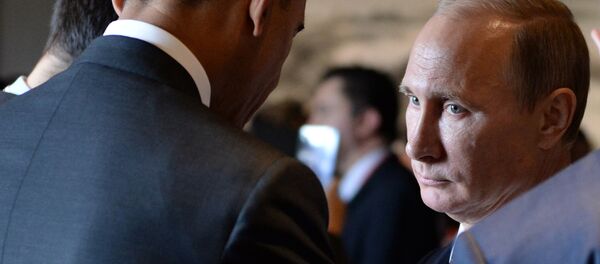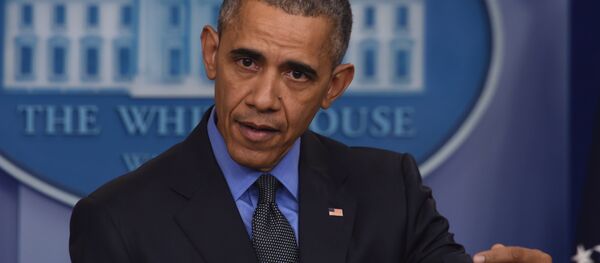"This month marks the 25th anniversary of the collapse of the Soviet Union. Although President George Bush Sr. reached an accommodation with then President Mikhail Gorbachev to end the Cold War by negotiation, his successors have treated Russians like the losers in that standoff. That's why they have expanded the US security reach, namely NATO and the European Union right onto Russia's frontiers. They helped to bring down democratically-elected pro-Russian governments, for example, in Kiev in February 2014," the analyst explained.
Unsurprisingly, this strategy has "upset the sensibilities" of the Russian people and the Kremlin, as Switzer put it.
Unlike the foreign policy establishment in Washington, Donald Trump and Rex Tillerson, whom the US president-elect has nominated as his secretary of state, appear to have no intent of escalating tensions with Moscow.
"The goal of statecraft in the Trump era is to tone down the anti-Russian bombast and to restore a dialogue with Moscow," Switzer said. Rex Tillerson "thinks in terms of realpolitik. He recognizes that Russia has legitimate security interests and that they will play hardball to protect them."
Despite the lack of any actual evidence of Russia's involvement in these attacks, the Obama administration ordered the expulsion of 35 Russian diplomats, the closure of two Russian diplomatic compounds and new sanctions against six Russian individuals and five entities, including the Main Intelligence Directorate (GRU) and the Federal Security Service (FSB).
"The prevailing wisdom in Washington is that Russia should be wildly condemned for hacking into American affairs and the US presidential process," the political analyst observed. "The incoming Trump administration will look at this issue from a completely different perspective."
The political analyst also maintained that the next US administration could remove the latest sanctions imposed by Obama.
Once Trump "gets his foreign policy team in place then it's just a question of when not if" the restrictive measures are lifted, he said.
"I think we will start to see the beginning of a thaw in relations between Washington and the Kremlin," he added. "Donald Trump has distinguished himself from Republicans and Democrats on various issues, not least in need to reach out to Russia. He recognizes that the post-Cold War policy in Washington of NATO extension and democracy promotion in Russia's near abroad has merely backfired and pushed Russia closer to China. This is not in America's strategic interests."



